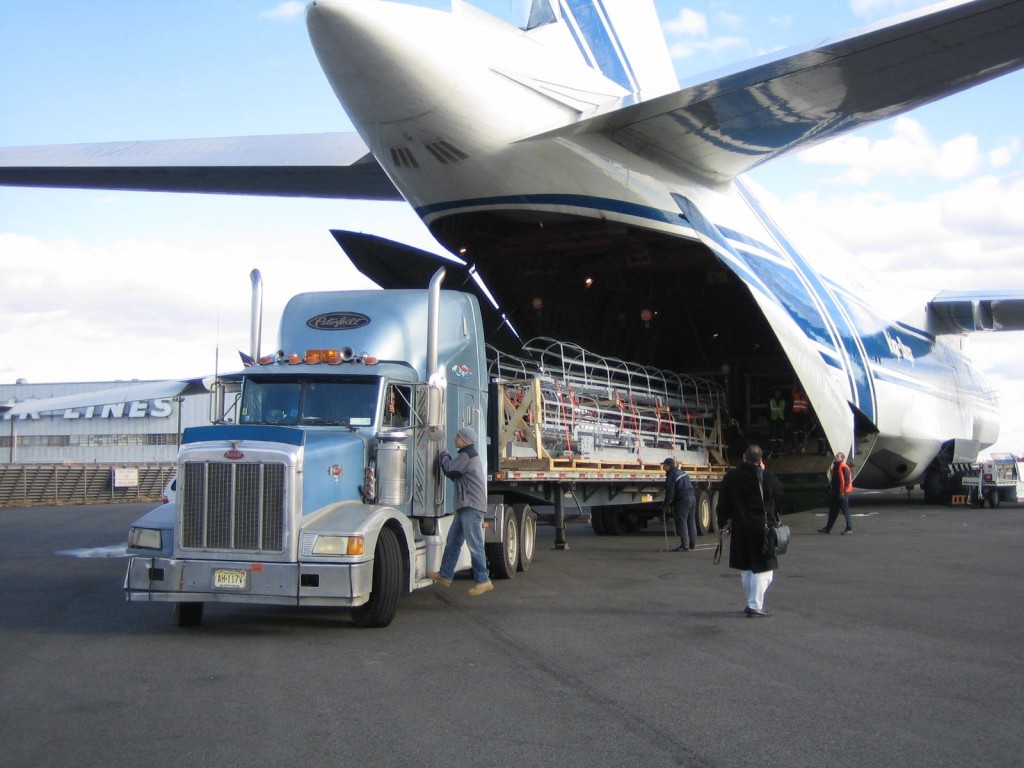Detailed Analysis of Factors to Engage and Revolutionizing Solutions in Air Freight and Logistics
Introduction
Air freight and logistics play a crucial role in global trade, offering speed and reliability for transporting goods over long distances. Integrating advanced analytics and innovative solutions can significantly enhance operational efficiency, reduce costs, and improve service quality. This analysis explores the key factors to engage in air freight and logistics and how advanced analytics can revolutionize the industry.
Key Factors to Engage
- Regulatory Compliance
- Understanding Regulations: Air freight involves strict regulatory requirements, including customs regulations, security protocols, and environmental standards. Staying updated on these regulations is essential for compliance.
- Documentation and Permits: Proper documentation and permits are crucial for air cargo. Advanced analytics can help manage and automate these processes, reducing the risk of non-compliance.
- Safety and Risk Management
- Risk Assessment: Conducting thorough risk assessments for each shipment is essential. Analytics can predict potential risks based on historical data and current conditions.
- Safety Protocols: Implementing and adhering to stringent safety protocols is vital. Analytics can monitor compliance and identify areas for improvement.

- Specialized Equipment and Handling
- Equipment Management: Air cargo often requires specialized equipment for loading, unloading, and transportation. Advanced Logistics Solutions Inc. Analytics can optimize the use and maintenance of this equipment.
- Training: Ensuring that staff are adequately trained to handle air cargo is crucial. Analytics can identify training needs and track compliance.
- Route Optimization
- Dynamic Routing: Advanced analytics can analyze real-time data on weather conditions, air traffic, and airport congestion to suggest the most efficient routes, reducing transit times and fuel consumption.
- Contingency Planning: Developing contingency plans for potential disruptions is essential. Analytics can help predict and mitigate these disruptions.
- Cargo Tracking and Monitoring
- Real-Time Tracking: Implementing real-time tracking systems for air cargo enhances visibility and ensures timely deliveries. Analytics can provide insights into cargo location, condition, and security.
- Condition Monitoring: For perishable or sensitive goods, monitoring conditions such as temperature and humidity is critical. Analytics can alert operators to any deviations from optimal conditions.
- Customer Communication and Service
- Transparency: Providing customers with real-time updates on their shipments builds trust and improves satisfaction. Analytics can automate and enhance communication processes.
- Feedback and Improvement: Collecting and analyzing customer feedback helps identify areas for improvement. Analytics can track performance metrics and suggest actionable insights.
Revolutionizing Solutions
- Artificial Intelligence (AI) and Machine Learning (ML)
- Predictive Analytics: AI and ML can enhance predictive capabilities, allowing for better demand forecasting, route optimization, and risk management.
- Automation: AI-driven automation can streamline various processes, from cargo handling to documentation, reducing human error and increasing efficiency.
- Internet of Things (IoT)
- Sensor Integration: IoT sensors can monitor the condition of cargo in real-time, providing data on temperature, humidity, and location. This ensures the integrity of sensitive shipments.
- Fleet Management: IoT devices can track the performance and health of aircraft, enabling predictive maintenance and reducing downtime.
- Blockchain Technology
- Transparency and Security: Blockchain can enhance transparency and security in the supply chain by providing an immutable record of transactions. This reduces the risk of fraud and improves traceability.
- Smart Contracts: Blockchain-based smart contracts can automate and enforce agreements between parties, reducing administrative overhead and ensuring compliance.
- Sustainability Initiatives
- Alternative Fuels: Investing in alternative fuels and energy-efficient technologies can reduce the carbon footprint of air freight operations.
- Eco-Friendly Practices: Implementing eco-friendly practices, such as optimizing flight paths and reducing idle times, can contribute to sustainability goals.
Conclusion
Integrating advanced analytics and innovative solutions into air freight and logistics is driving significant improvements in our efficiency, cost savings, and service quality. By focusing on regulatory compliance, safety, specialized equipment, route optimization, cargo tracking, and customer communication, companies can harness the full potential of analytics. The future of air freight lies in the continued adoption of AI, machine learning, IoT, blockchain, and sustainability initiatives, which will further enhance growth and seamless operations.



